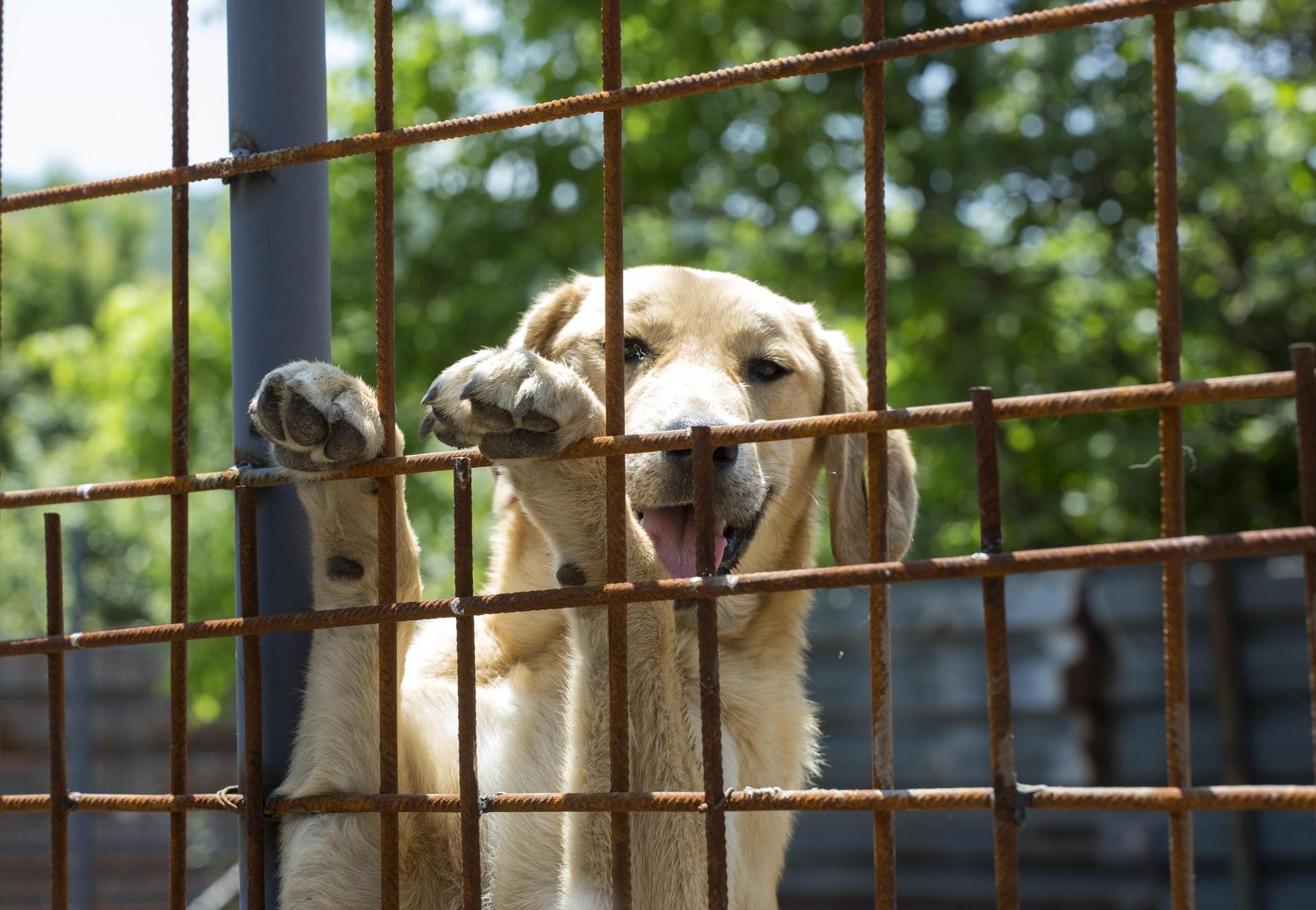
The Top 9 Reasons Why People Give Up Their Pets
Learn more about why pet owners abandon their animals
Our pets give us so much – love, companionship and emotional support – how is it possible they can be abandoned? There are several reasons why people abandon their dog, cat, or other pets. Some are the result of people not having considered fully the responsibilities of pet ownership when buying their pet and whether they have sufficient time, resources, and the motivation to take care of a pet.
Below are some of the more common reasons why people decide to give away their pet
Time factor
A common reason for owners relinquishing their pet to a shelter is that they do not feel they have enough time to take care of their pet. Taking care of a pet takes time, pets need to be fed, walked, let out in the garden, have their litter tray changed, taken to the vets, trained and socialised.
It is unfair to leave a pet alone for long periods of time, especially social animals such as dogs that need human company. This will obviously impact the owner’s lifestyle and needs to be carefully considered before acquiring a pet.
Many pets are bought on impulse, especially online. The new owner is unlikely to have had time to consider all the obligations of owning a pet or to carry out the necessary research into their pet’s needs. This can result in the animal being resold, surrendered to a shelter or worst still abandoned.
Lack of experience
Some pet owners lack the knowledge on how to take care of their pets and can therefore become overwhelmed with the responsibility. Therefore, it is important to carry out lots of research before acquiring a pet to make sure you understand and can meet their needs.
Changed life situation
Pet owners may lose their job, get divorced, move into a rental property that does not allow pets, have a baby, or develop health problems (allergies is one of the most common reasons people have for giving up their pet). Again, it is important for pet owners to think about the future and how they would take care of a pet in certain situations before they get an animal. Additionally, many people added a pet to their life during the Covid-19 lockdown, they are faced with having to go back to the office and the pet not fitting in with this changed situation.
Animal health and age
Animals can become sick, acutely, or chronically, they may also need more care in their old age, due to age related medical problems. This requires more of the owner’s time and may result in veterinary costs. Anyone taking on a pet should see it as a long-term commitment, they need to take care of their pet for its entire life regardless of medical and age-related health issues.
Boredom/Disinterest
Sad but true, some people, especially children, lose interest in their pet and consider them a burden. Pets should never be bought to teach children responsibility; this often does not work, and the parents end up having to take care of the pet or the pet is rehomed, surrendered or abandoned.
Unwanted litters
Unneutered pets may go on to have unwanted litters, often puppies and kittens are handed into animal shelters, or worst still abandoned or killed. Therefore, it is important to neuter pets to prevent unwanted litters from being born.
Behavioural issues
Some pet owners find that their pet shows unwanted behaviour, for example dogs being aggressive to other dogs. To help ensure that animals do not develop behavioural issues they should be properly trained and socialised when they are young.
Financial factor
Pets are often abandoned because their owner can no longer afford to take care of them. Many pet owners are not aware of how much it costs to take care of a pet over their entire life. It is therefore important that pet owners do their research and make sure they have sufficient resources to take care of their pet in the long-term. Some of the costs can still be covered, e.g., for food, but if a pet gets sick, the veterinary costs can be a strain on the budget.
Profitability
People use companion animals to make money (racing, breeding) or even for sports (hunting, fighting). When animals become too slow, old or sick they are no longer fit for their "purpose" and become unwanted. The lucky ones are handed into reputable animal shelters or rehomed, however for many they are either abandoned or brutally killed.
 Please be careful! If you delete this page, consider that it could be used within an other language version.
Please be careful! If you delete this page, consider that it could be used within an other language version.
